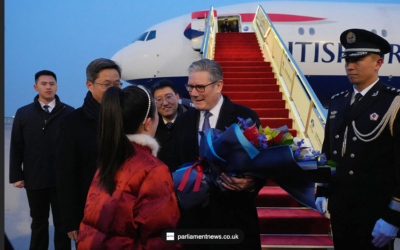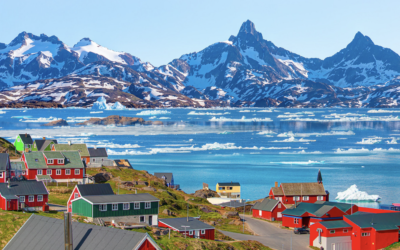As the mercury rises and extreme weather events become increasingly commonplace, the world is waking up to a stark reality: climate change is not just an environmental crisis, but a potent catalyst for geopolitical instability. From the Arctic to the Sahel, shifting weather patterns are redrawing the map of global power dynamics, resource competition, and human migration. This complex interplay between climate and geopolitics is rapidly emerging as one of the defining challenges of the 21st century.
The Arctic: A New Theatre of Great Power Competition
Nowhere is the link between climate change and geopolitical shifts more evident than in the Arctic. As sea ice retreats at an unprecedented rate, new shipping lanes and vast reserves of natural resources are becoming accessible, turning this once-frozen frontier into a hotbed of international competition.
The Arctic is experiencing some of the most dramatic effects of climate change. We’re seeing the opening of the Northern Sea Route, which could revolutionize global shipping, and the exposure of massive oil and gas reserves. This is inevitably drawing the attention of major powers – Dr. Malte Humpert, Founder of the Arctic Institute.
Russia, which controls the longest Arctic coastline, has been particularly assertive in staking its claim. The country has been rapidly militarizing its northern regions, reopening Soviet-era bases, and conducting large-scale military exercises. Meanwhile, China, despite its lack of Arctic territory, has declared itself a “near-Arctic state” and is investing heavily in polar research and infrastructure.
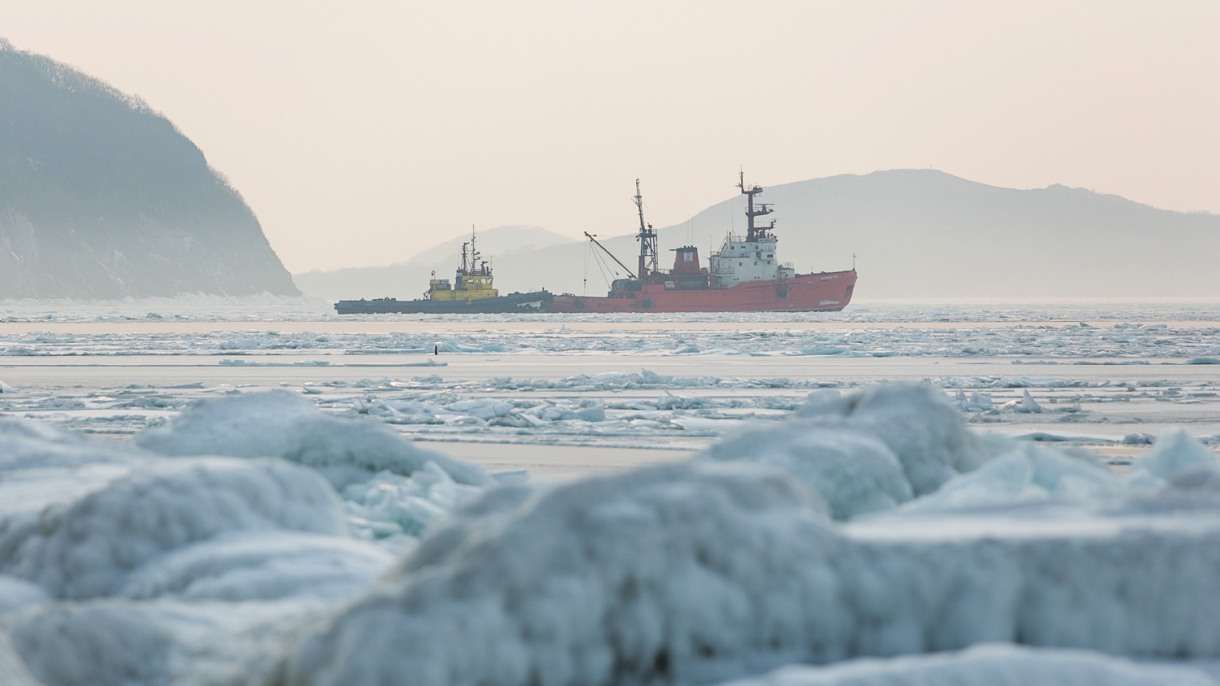
The United States, Canada, and Nordic countries are responding to these moves with their own military buildups and diplomatic initiatives. NATO has increased its focus on the region, conducting its own exercises and developing new Arctic strategies.
The risk of miscalculation in the Arctic is growing. As climate change opens up new opportunities, we’re seeing a classic security dilemma unfold in slow motion – Admiral James Stavridis, former Supreme Allied Commander of NATO.
Water Wars: The New Flashpoints
As some regions grapple with melting ice, others are facing the opposite problem: increasing water scarcity. Climate change is exacerbating water stress in many parts of the world, with potentially explosive geopolitical consequences.
The Nile Basin is a prime example. Ethiopia’s construction of the Grand Ethiopian Renaissance Dam has sparked tensions with downstream Egypt, which fears the project will reduce its water supply. “The Nile has been Egypt’s lifeblood for millennia,” notes Dr. Aisha Abdel Nasser, a water security expert at Cairo University. “Climate change-induced water scarcity is turning this dispute into an existential crisis for Egypt.”

Similar tensions are brewing in other transboundary river basins, from the Mekong in Southeast Asia to the Indus in South Asia. As glaciers melt and rainfall patterns shift, competition for dwindling water resources is intensifying, straining diplomatic relations and, in some cases, leading to localized conflicts.
The Sahel: Climate Change and Conflict
In Africa’s Sahel region, the nexus between climate change and conflict is already a grim reality. Desertification and erratic rainfall are disrupting traditional pastoral livelihoods, exacerbating tensions between herders and farmers, and contributing to the rise of extremist groups.
“Climate change is acting as a threat multiplier in the Sahel,” explains Ibrahim Thiaw, Executive Secretary of the United Nations Convention to Combat Desertification. “It’s exacerbating existing vulnerabilities and creating new ones, making it easier for terrorist groups to recruit among desperate populations.”
The implications extend far beyond the region. Climate-induced instability in the Sahel is contributing to increased migration pressures on Europe, influencing political dynamics across the Mediterranean.
Rising Seas, Sinking States
For low-lying island nations and coastal areas, sea-level rise presents an existential threat that goes beyond economics or security – it challenges the very concept of statehood.
The Republic of Kiribati, a Pacific island nation, has already purchased land in Fiji as a potential refuge for its population. “We are fighting for our survival,” declares former Kiribati President Anote Tong. “Climate change for us is not a distant threat. It’s a daily reality that’s eroding our shores and our way of life.”
The potential disappearance of sovereign territories raises unprecedented legal and diplomatic questions. How do you maintain a nation-state when its physical territory no longer exists? What happens to exclusive economic zones if islands submerge? These are not theoretical questions but pressing concerns for many countries.
Global Migration: The Human Face of Climate Change
As climate impacts intensify, human migration is expected to increase dramatically. The World Bank estimates that by 2050, there could be over 140 million climate migrants within South Asia, Sub-Saharan Africa, and Latin America alone.
“Climate migration will reshape demographics, economies, and political dynamics on a global scale,” predicts Dr. Kanta Kumari Rigaud, lead environmental specialist at the World Bank. “It’s a slow-onset crisis that we’re only beginning to grapple with.”
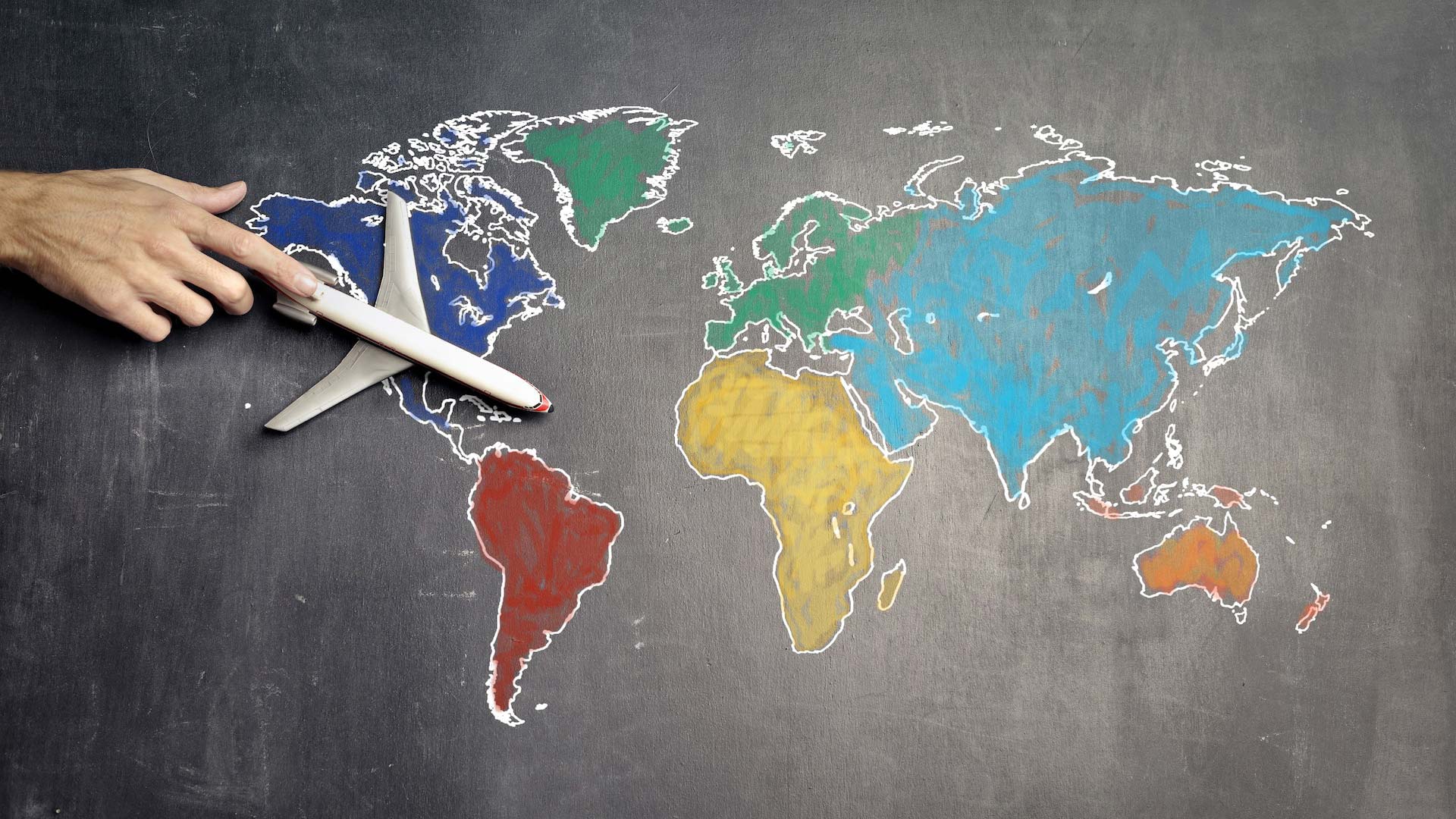
This mass movement of people has the potential to strain resources, alter ethnic balances, and fuel political tensions in receiving areas. Europe’s struggle to deal with the refugee crisis of 2015 may be a preview of larger challenges to come.
The Green Energy Transition: A New Geopolitical Landscape
As the world seeks to mitigate climate change, the shift towards renewable energy is creating new geopolitical realities. Countries rich in rare earth elements, essential for many green technologies, are gaining strategic importance. China’s dominance in rare earth production, for instance, has become a major concern for Western powers.
“The geopolitics of energy is being rewritten,” says Fatih Birol, Executive Director of the International Energy Agency. “We’re moving from a world centered on oil and gas to one where critical minerals, grid infrastructure, and clean technology innovation are the new currencies of power.”
This transition is also reshaping traditional alliances. Oil-producing nations are grappling with the prospect of stranded assets and diminished geopolitical clout, while countries at the forefront of renewable technology are gaining influence.
International Cooperation: A Necessity, Not a Choice
In the face of these multifaceted challenges, international cooperation on climate change is not just an environmental imperative but a geopolitical necessity. The Paris Agreement represents a landmark in this regard, but implementation remains a challenge.
“Climate change respects no borders,” emphasizes António Guterres, Secretary-General of the United Nations. “Our response must be equally global and unified. The alternative is a world of heightened conflict, scarcity, and suffering.”
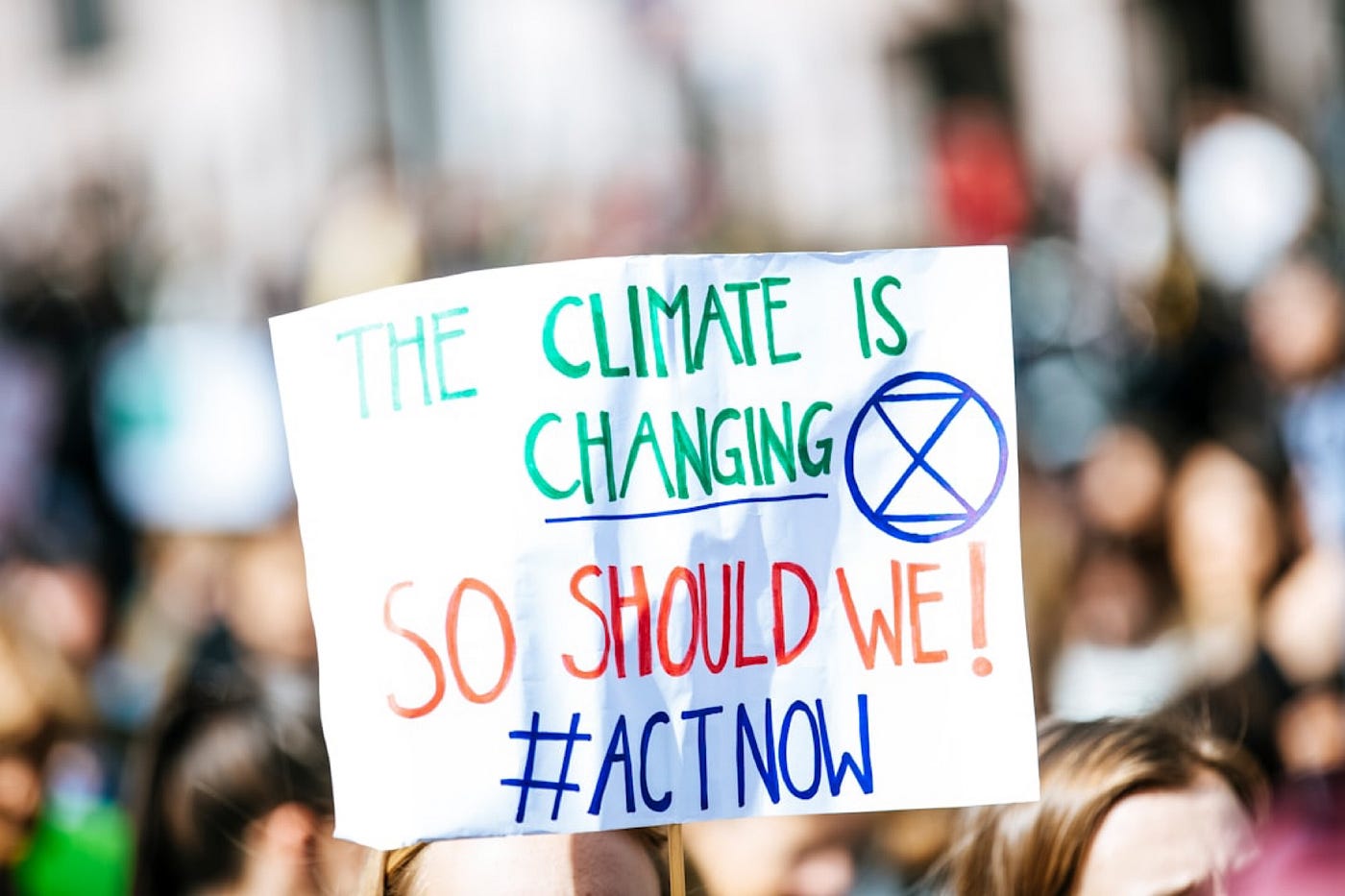
Efforts are underway to integrate climate considerations into global security frameworks. The UN Security Council has held debates on the security implications of climate change, and military planners around the world are incorporating climate scenarios into their strategic assessments.
Looking Ahead: Navigating an Uncertain Future
As the world grapples with the twin challenges of climate change and geopolitical instability, the path forward remains uncertain. Will nations retreat into narrow self-interest, or will the global nature of the threat foster unprecedented cooperation? Can technological innovations mitigate the worst impacts, or are we on a collision course with climate-induced chaos?
What’s clear is that the traditional boundaries between environmental policy and geopolitics are blurring. In this new era, climate change is not just an issue for environmentalists and scientists – it’s a central concern for diplomats, military strategists, and heads of state.
We at Windear Consulting argue that as the World navigate these uncharted waters, one thing is certain: the decisions we make in the coming years regarding climate change will shape the geopolitical landscape for generations to come. The stakes could not be higher, and the clock is ticking.

